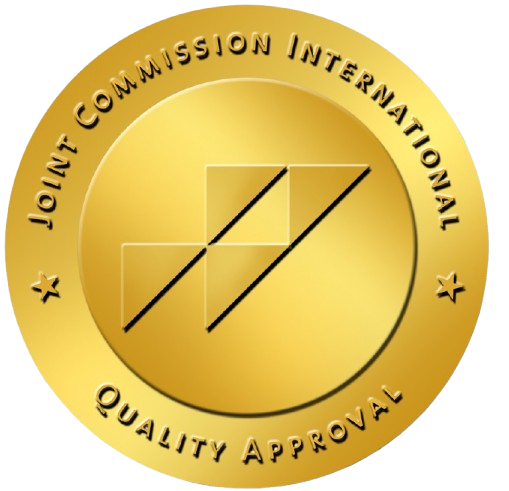Understanding Gastroscopy: Your Comprehensive Guide
At Emirates European Hospital in Sharjah, we’re dedicated to providing you with all the information you need about gastroscopy—a vital procedure for diagnosing and treating gastrointestinal issues. Here, we answer the most frequently asked questions about gastroscopy.
1. What is a gastroscopy?
A gastroscopy is a medical procedure that allows doctors to examine the lining of the esophagus, stomach, and the first part of the small intestine (duodenum). Using a flexible tube with a camera, physicians can diagnose conditions such as ulcers, inflammation, tumors, and other abnormalities.
2. How is a gastroscopy performed?
During a gastroscopy, a thin, flexible tube called an endoscope is gently inserted through the mouth and into the esophagus. The camera attached to the endoscope sends images to a monitor, allowing the doctor to examine the gastrointestinal tract closely. The procedure usually takes about 15-30 minutes.
3. What should I expect during a gastroscopy procedure?
Expect to receive sedation to help you relax and minimize discomfort during the procedure. You may be asked to lie on your side as the endoscope is carefully advanced. Most patients experience only mild discomfort, such as a sensation of pressure or fullness.
4. How should I prepare for a gastroscopy?
You will generally be instructed to fast for at least 6-8 hours prior to the procedure to ensure an empty stomach. This means no eating or drinking, even water. Additionally, it’s important to inform your doctor about any medications you’re taking, as some may need to be paused.
5. What conditions can be diagnosed with a gastroscopy?
Gastroscopy can help diagnose a variety of conditions including gastroesophageal reflux disease (GERD), celiac disease, peptic ulcers, Helicobacter pylori infection, and cancers of the gastrointestinal tract.
6. Is a gastroscopy painful or uncomfortable?
Most patients find the procedure to be only mildly uncomfortable, thanks to the use of local anesthetics and sedatives. After the procedure, you might experience a sore throat or minor bloating, which typically resolves within a day.
7. How long does a gastroscopy take?
The procedure itself usually takes between 15 to 30 minutes. However, you should plan on spending a few additional hours at the hospital for preparation and recovery from sedation.
8. What are the risks and complications of a gastroscopy?
Gastroscopy is generally safe, but as with any medical procedure, there are risks. These can include bleeding (especially if a biopsy is taken), infection, or perforation of the stomach lining, though serious complications are rare.
9. What is the recovery process like after a gastroscopy?
After a gastroscopy, you’ll be monitored until the effects of sedation wear off, which could take a couple of hours. You’ll need someone to drive you home, and it’s recommended to rest for the remainder of the day. Most patients return to normal activities by the following day.
10. Can you eat or drink before a gastroscopy?
No, you should avoid eating and drinking for 6-8 hours before a gastroscopy. This helps ensure a clear view of your upper digestive tract and reduces the risk of aspiration.
For more information or to schedule a gastroscopy, contact Emirates European Hospital in Sharjah. Our team of specialists is here to provide exceptional care and support every step of the way.
Emirates European Hospital in Sharjah
Al Sharq St – Al Gulai’aah – Al Sharq – Sharjah
Phone: 06 561 9444
Email: patientcare@eehospital.com



